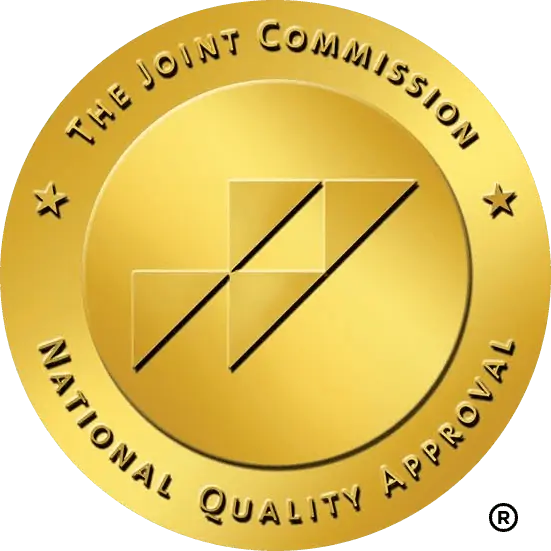“We are in the midst of a pediatric mental health crisis,” warned Claire McCarthy, MD, on Harvard Health in March 2022. The latest Youth Risk Behavior Survey published by the US Centers for Disease Control and Prevention (CDC) only confirms this grim assessment.
“As we saw in the 10 years prior to the COVID-19 pandemic, mental health among students overall continues to worsen, with more than 40 percent of high school students feeling so sad or hopeless that they could not engage in their regular activities for at least two weeks during the previous year—a possible indication of the experience of depressive symptoms. We also saw significant increases in the percentage of youth who seriously considered suicide, made a suicide plan, and attempted suicide.”
The Youth Risk Behavior Survey Data Summary & Trends Report: 2011–2021 provides the most recent surveillance data, as well as 10-year trends, on health behaviors and experiences among high school students in the United States related to adolescent health and well-being. These include sexual behaviors, substance use, suicidal thoughts and behaviors, experiences such as violence and poor mental health, social determinants of health such as unstable housing, and protective factors such as school connectedness and parental monitoring.
“I think there’s really no question what this data is telling us,” Dr. Kathleen Ethier, head of the CDC’s Adolescent and School Health Program told the New York Times. “Young people are telling us that they are in crisis.”
The situation is particularly dire for US girls. Nearly three in five teenage girls felt persistent sadness in 2021, double the rate of boys, and one in three girls seriously considered attempting suicide, the CDC data revealed. “America’s teen girls are engulfed in a growing wave of sadness, violence, and trauma,” the CDC said. “Across almost all measures of substance use, experiences of violence, mental health, and suicidal thoughts and behaviors, female students are faring more poorly than male students. These differences, and the rates at which female students are reporting such negative experiences, are stark.”
“Research has found that signs of depression present differently in teenage boys and girls, with the former generally more likely to be irritable or angry,” wrote Marcela García in the Boston Globe. “These statistics are probably not a surprise to anyone who has been in close contact with a high school student lately—as a parent, teacher, or a doctor. Still, taken together, the data present an alarming picture that should prompt tough and overdue policy conversations at the local, state, and national levels.”
“The new report represents nothing short of a crisis in American girlhood,” assessed
Donna St. George, Katherine Reynolds Lewis, and Lindsey Bever in the Washington Post. “The findings have ramifications for a generation of young women who have endured an extraordinary level of sadness and sexual violence — and present uncharted territory for the health advocates, teachers, counselors, and parents who are trying to help them. “
The Turning Winds treatment program in Troy, Montana helps address the historic rates of dysphoria and mental health disorders among young people in America. Teenage stressors including the threat of mass shootings and other school violence, the escalating climate crisis, family separation, financial pressures and debt, political division, school performance pressures, and other real or perceived threats are making it ever harder for young people to feel safe.
Turning Winds represents a critical resource for adolescents, families, and their communities. The program’s therapeutic work and its ability to help individuals become healthier, happier people, family members, and community members yield far-reaching personal and societal benefits.
Our mission is to rescue teens from crisis situations, renew their belief in their own potential, reunite them with their families, and launch them on a sustainable path to success. If your teenage daughter is struggling with mental health issues, speak with our admissions specialists today at (800) 845-1380 or email us at [email protected].









